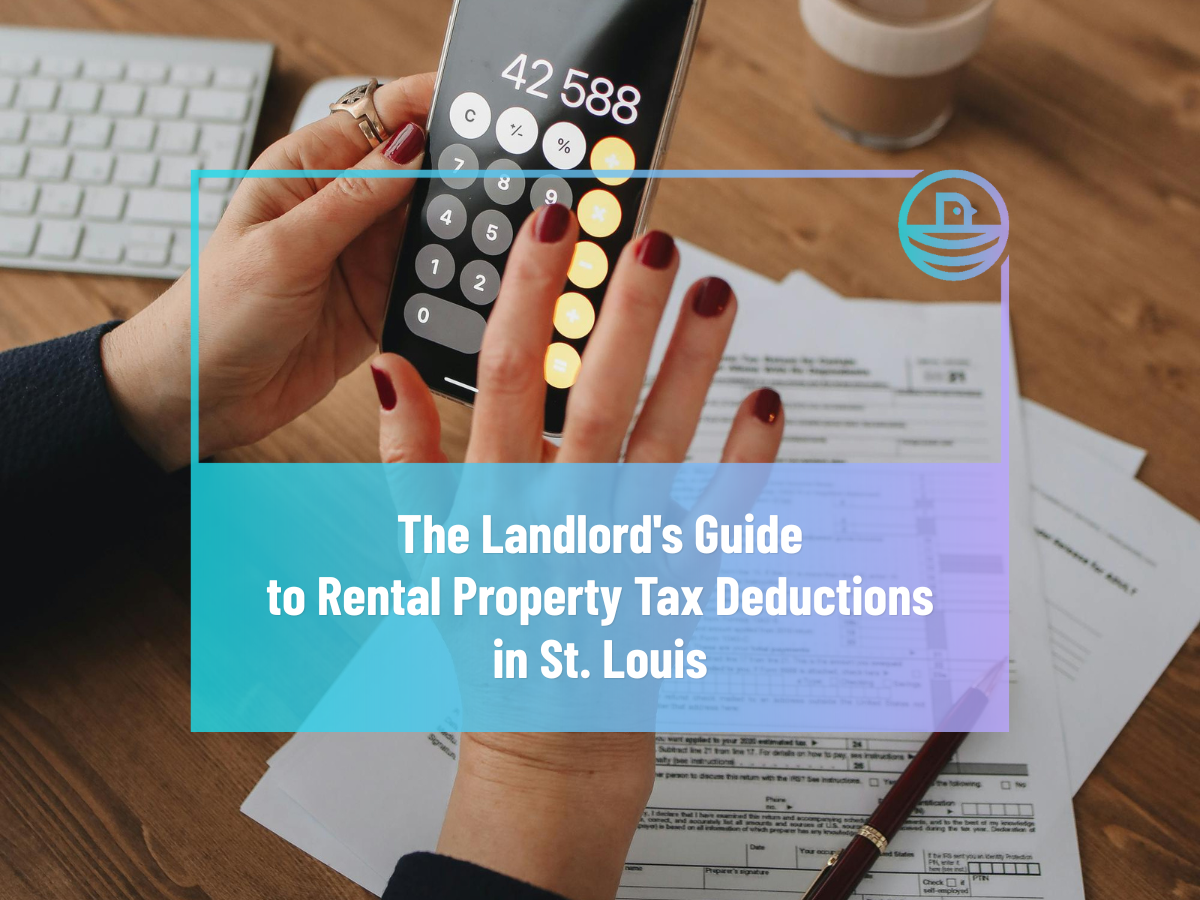For St. Louis Landlords: Enhancing Property Management Through Experienced Resident Screening
Residential property management is a complex and demanding endeavor. St. Louis landlords face a myriad of challenges, from maintenance and repairs to tenant relations. However, one critical aspect that can greatly affect a landlord's success is resident screening. The process of carefully selecting reliable and responsible residents has numerous benefits, including reducing turnover, minimizing income loss, and fostering a harmonious community. In this article, we will explore the importance of effective resident screening and discuss strategies for implementing it successfully.
Introduction: The Importance of Resident Screening
As a landlord, your goal is to attract long-term, reliable residents who will not only pay their rent on time but also respect your property and adhere to community guidelines. The key to achieving this objective lies in conducting thorough resident screening. By carefully vetting potential tenants, you can ascertain their financial stability, rental history, and character, providing valuable insights into their suitability as residents. Effective screening can lead to a higher-quality tenant pool, resulting in a more stable and profitable rental business.
Why Thorough Screening Matters
Thorough resident screening offers several compelling advantages for St. Louis landlords. Firstly, it reduces resident turnover and the associated costs. When tenants move out, landlords must spend additional resources on advertising vacancies, conducting move-in and move-out inspections, and performing necessary repairs. By implementing a stringent screening process, landlords can identify tenants with a higher likelihood of long-term tenancy, thus reducing turnover and related expenses.
Secondly, comprehensive screening minimizes the risk of rental income loss. By thoroughly evaluating a potential tenant's financial situation, including their credit history and employment status, landlords can make more informed decisions and choose residents who are likely to pay their rent on time.
Finally, effective resident screening supports a harmonious resident community. When landlords carefully select residents who will adhere to the property's rules and regulations, it fosters a positive living environment. Screening for potential red flags such as criminal records can help maintain the safety and security of the community.
Long-Term Benefits
Beyond the immediate advantages, implementing a rigorous resident screening process can yield long-term benefits for St. Louis landlords. One of the notable benefits is stability in cash flow. By attracting reliable tenants who pay their rent consistently and on time, landlords can enjoy a steady and predictable rental income stream. This stability provides financial security and allows landlords to plan for future property investments and improvements.
Proper screening also helps reduce maintenance and repair costs. High-quality tenants are more likely to take care of the property, report maintenance issues promptly, and comply with property regulations.
Furthermore, effective resident screening enhances the landlord's reputation within the community. By curating a tenant population that is trustworthy and respectful, landlords can create a positive perception of their properties. This reputation can attract future tenants and ultimately contribute to the landlord's overall success.
Developing a Screening Criteria
To conduct a successful resident screening process, St. Louis landlords must establish clear criteria for evaluating potential tenants. Firstly, landlords must have a thorough understanding of fair housing laws to avoid discriminatory practices.
Once you are sure of compliance, it is useful to consider factors such as credit score, employment history, past rental history, and criminal background checks. Each of these provides valuable insights into a tenant's financial responsibility, stability, and past behavior as a resident.
Implementing the Screening Process
Once the screening criteria are defined, you can establish your screening process. This process typically includes application forms, interviews, and reference checks.
Application forms should collect detailed information, such as personal and employment history, income verification, and references. Additionally, landlords can request authorization to conduct credit and background checks, providing further insight into the applicant's suitability.
Interviews provide an opportunity for landlords to personally interact with applicants and gauge their compatibility with the property and its community. These conversations can help uncover information not captured on paper, such as the tenant's communication skills and demeanor.
Reference checks can provide valuable perspectives on the applicant's past rental behavior, financial stability, and overall character. Speaking with previous landlords and employers can help verify the applicant's claims, identify any potential issues, and inform the landlord's final decision.
Technological Tools to Consider
In our digital age, technology offers numerous tools to streamline and enhance the resident screening process for St. Louis landlords. Online resident screening services offer a comprehensive suite of tools, including credit reports, criminal background checks, and rental history verification. These services allow landlords to access critical information quickly and efficiently.
Alternatively, property management software equipped with resident screening capabilities can integrate screening results directly into the resident management platform. This integration enhances the landlord's ability to assess tenants holistically, considering not only their screening results but also their lease agreements, maintenance requests, and other pertinent information.
Professional Help
For landlords who prefer to outsource the resident screening process or require additional expertise, there are property management companies that specialize in background checks and tenant screening. These services can provide a comprehensive and unbiased evaluation of potential tenants, guiding landlords in making informed decisions.
Handling Difficult Residents: Preventive Measures
Even with a thorough screening process in place, landlords may still encounter challenges with residents. However, you can mitigate these through preventive measures.
Clear communication of property rules and consequences of violations in the lease agreement can help set expectations for residents. This transparency ensures that tenants fully understand the guidelines and the importance of adhering to them.
Additionally, conducting regular inspections can help detect potential issues early on. By proactively identifying and addressing problems, such as unreported damages or lease violations, landlords can maintain a well-functioning property and prevent further complications.
Dealing with Issues: Legal Actions and Conflict Resolution
Despite preventive measures, conflicts and issues may arise between landlords and residents. In some cases, legal actions such as evictions may become necessary. Landlords must be familiar with the eviction process and the applicable laws to ensure compliance and protect their interests.
However, not all disputes require legal intervention. Employing conflict resolution strategies and communication techniques can help resolve conflicts amicably. Techniques such as active listening, mediation, and compromise can foster understanding and facilitate agreements without resorting to legal action.
Conclusion
In conclusion, resident screening is a critical aspect of property management for St. Louis landlords. By implementing rigorous screening criteria and an efficient screening process, landlords can attract reliable, responsible, and long-term residents. Thorough screening minimizes turnover, reduces income loss, and fosters a harmonious community. Additionally, effective screening leads to long-term benefits, such as stability in cash flow, lower maintenance costs, and an enhanced reputation. In short, resident screening is a fundamental component of running a successful rental property.
Looking for a property management company in St Louis to assist with resident screening and other tenant related matters? Reach out to our local team to learn more about our services!











































